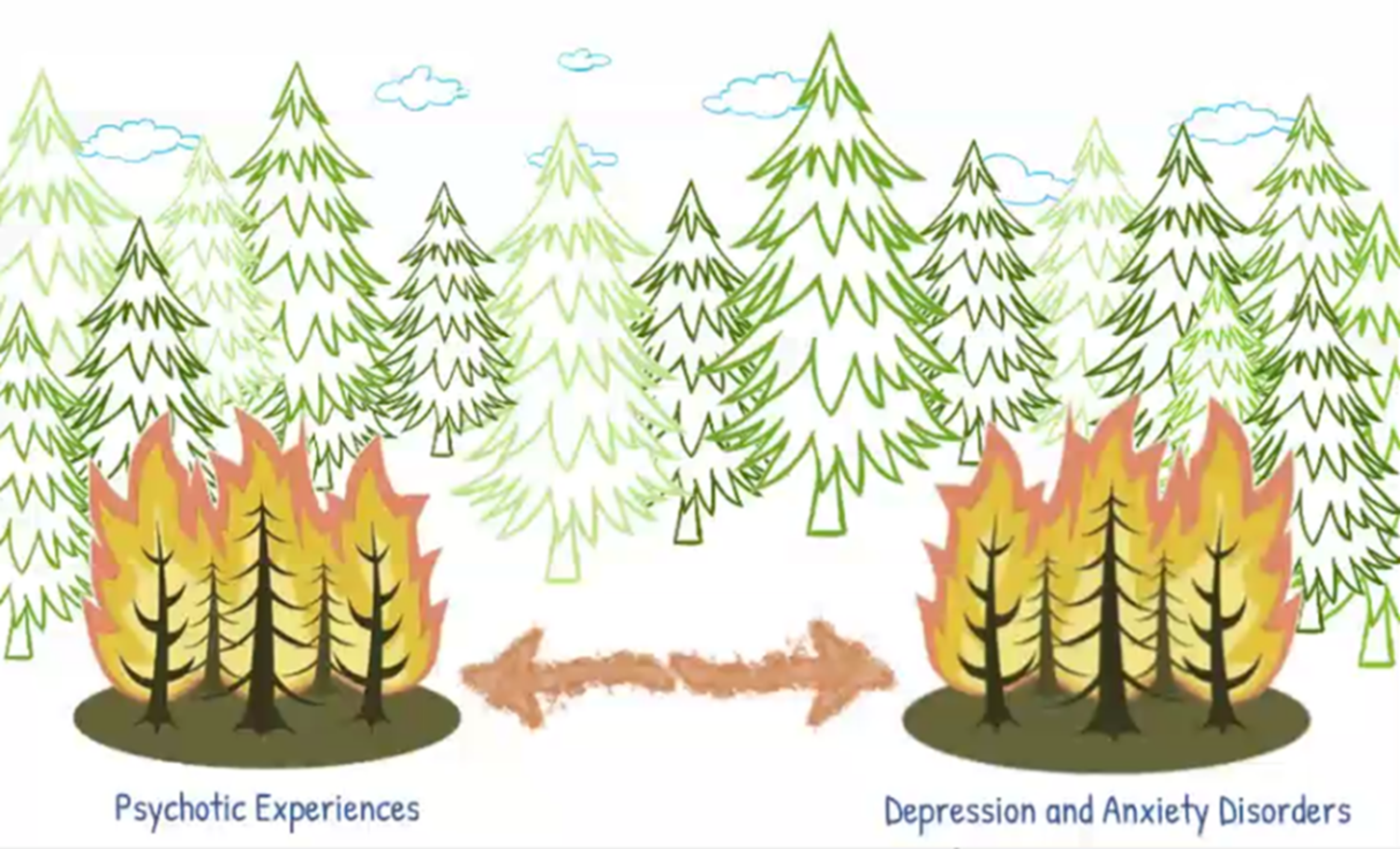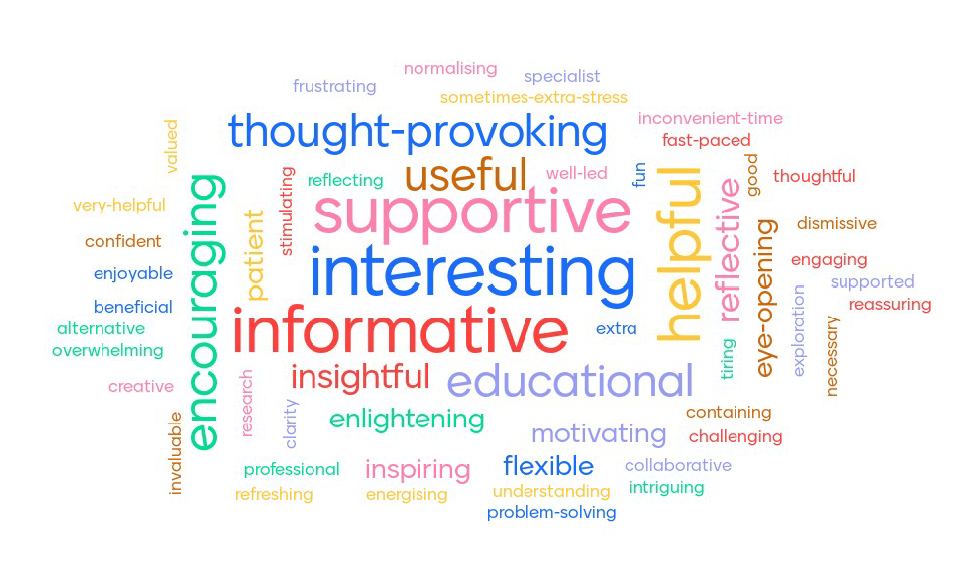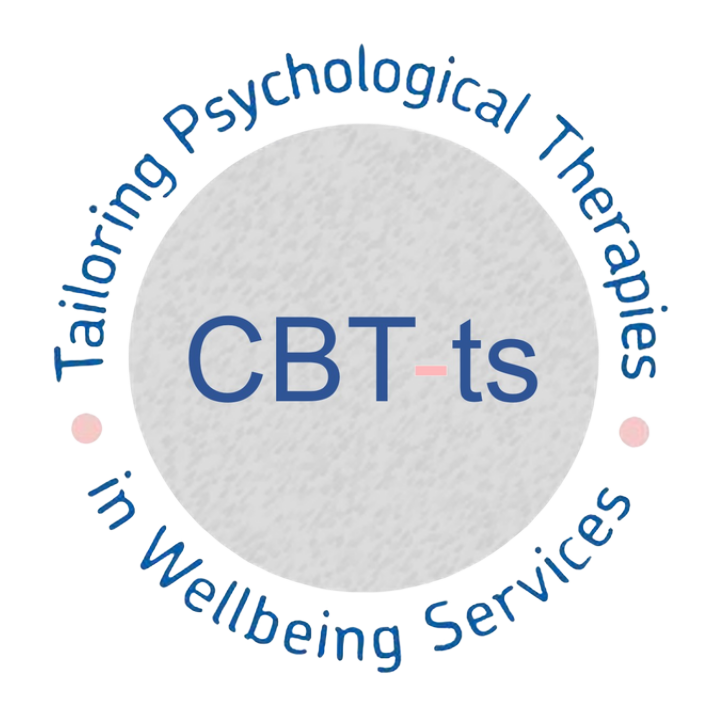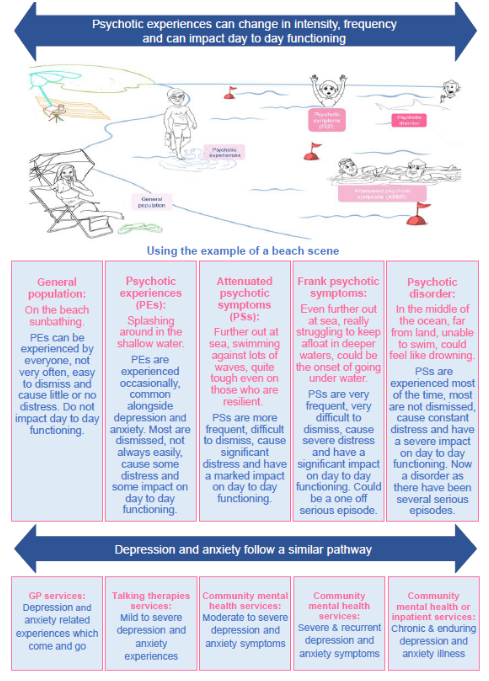
DEPRESSION, ANXIETY, AND PSYCHOTIC EXPERIENCES
The most common mental health disorders in the UK are depression and anxiety. However, not everyone experiences these disorders the same way.
Some people with these common mental health disorders also have psychotic experiences like visual and voice hallucinations, suspiciousness, and unusual thought content. Often, such people do not get the treatment they need as services for anxiety and depression don’t always address their psychotic experiences. This means that the psychotic experiences are left untreated. As a result, this can have a negative effect of their health and quality of life.

In the UK, more than 900,000 people receive treatment for depression and anxiety through the NHS Talking Therapies services. A recent study shows that 30% of individuals receiving treatment in the NHS Talking Therapies services have psychotic experiences. As Talking Therapies services don’t specifically target psychotic experiences, research shows that this population may be less likely to recover compared to those without psychotic experiences.

We believe that enhancing the treatment of depression and anxiety also means focusing on a person’s psychotic experiences. Our research suggests that people receiving treatment for depression and anxiety who also have psychotic experiences are i) experiencing higher levels of depression and anxiety and ii) less likely to recover.
Metaphorically, it is as if there are two fires in a forest. A psychotic experiences fire, and a depression and anxiety fire. If the focus of treatment is only on extinguishing the depression and anxiety fire, there is the possibility that it will be rekindled by heat and flames from the psychotic experiences fire. In other words, enhancing treatment for people with depression and anxiety means finding out i) if they are also having psychotic experiences and ii) if they are, addressing those experiences as part of their treatment.

Hoping to address this gap in treatment, the University of Cambridge and Cambridge and Peterborough NHS Foundation Trust have received funding from the National Institute for Health Research for a seven-year study. This study aims to develop and evaluate an enhanced therapists’ training programme (CBT-ts) for NHS Talking Therapies services for people with common mental health disorders in addition to psychotic experiences. Currently, the TYPPEX programme is in the process of training IAPT therapists to deliver CBT-ts. By making treatment for psychotic experiences more accessible in primary care, we are hoping to help bridge the treatment gap, reduce the stigma, and normalise such experiences.

Behind the Scenes
with Professor Peter Jones and Professor Jesus Perez
In 2023, Homerton Healthcare NHS Foundation Trust (HHFT) started collaborating with TYPPEX, joining CPFT, NSFT and SPFT.
What TYPPEX-trained therapists have to say about...
Training

83 of the TYPPEX-trained therapists answered to our question “What 3 words/phrases best describe your experience of CBT-ts training?”. We are excited to present their positive feedback in the form of a word cloud. The size of each word corresponds to its popularity in the responses we received.
Supervision

71 of the TYPPEX-trained therapists answered to our question “What two words best describe your experience of CBT-ts supervision so far?”. We are excited to present their positive feedback in the form of a word cloud. The size of each word corresponds to its popularity in the responses we received.

Need Help?
If you feel you or anyone close to you are experiencing a mental health crisis and need access to immediate help, please call:
NHS 111
First Response Service: 111 and select option 2 for Mental Health Services
GP or A&E
Book an appointment with your GP to discuss your circumstances or in case of emergency contact 999.
The Samaritans
Contact the Samaritans on 116 123, email jo@samaritans.org or visit www.samaritans.org (free, 24/7).
SANEline
Contact SANEline on 0300 304 7000 (Open 4.30 pm – 10.30 pm daily).
SHOUT
Contact SHOUT by texting the word “SHOUT” to 85258 from your mobile phone (free, 24/7).



